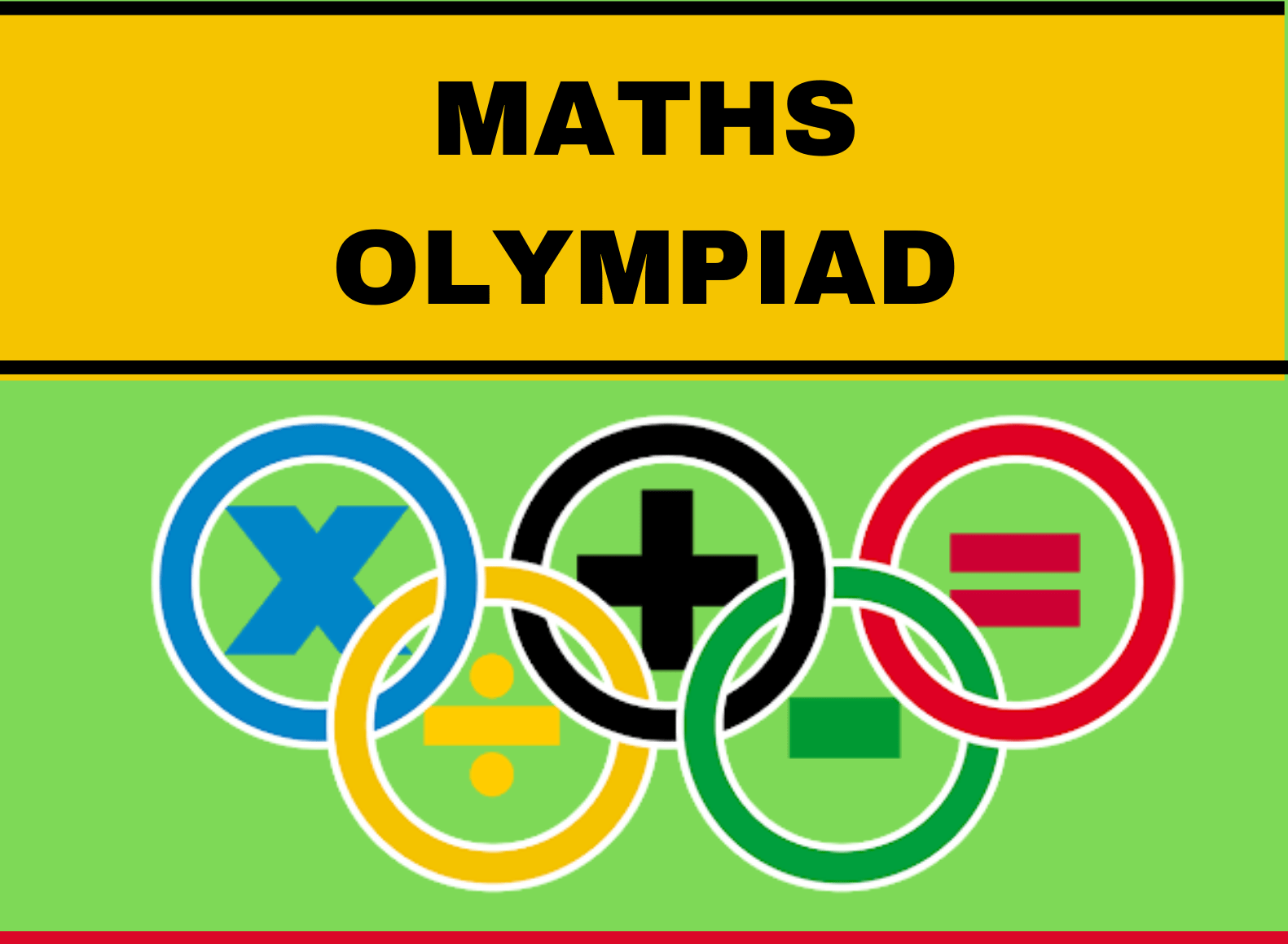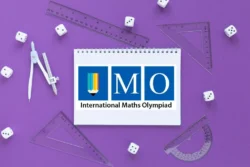Students in the tenth grade have a lot of burdens on their shoulders. In class ten, the level of difficulty in mathematics reaches its apex. The IMO exam, also known as the International Mathematics Olympiad, is held by several organisations across India. These examinations are held once a year, just like any other competitive exam. IMO helps students develop their problem-solving abilities and logical reasoning by applying additional cognitive challenges to participants. This exam is used to identify and screen students who can become leading researchers and technicians in the future. IMO exams are held in two stages; the first stage, which includes logical thinking and mathematical tasks, is often followed by the second stage, which includes practical mathematical questions.
By taking the IMO exams, students in Class 10 can learn a lot of knowledge that will also help them prepare for their board exams. The IMO test is infamous for its task difficulty. Hence passing it is a daunting challenge. Nonetheless, because the questions are unique, this test is known for its cognitive challenge. Students are required to think appropriately to come up with solutions to the questions. Participants must devote a significant amount of time to their preparation by following a good study schedule and practising many questions from IMO Maths Olympiad Class 10 Previous Year Question Paper. The tactics provided below can be used to cultivate a good preparation strategy for acing the IMO exam.
Understand the paper pattern and syllabus thoroughly
Students must extensively review the IMO paper pattern to determine which chapters and subjects will be evaluated during the Olympiad exam. If students understand the form of the questions asked in the IMO test, they will study, plan, and apply methods more rapidly.
The most important step is to familiarise themselves with the syllabus. Students must learn all of the foundations of each chapter in their syllabus to avoid losing marks on IMO questions regarding these topics. Students should begin with basic questions and progress to more challenging ones to test their logical and problem-solving abilities. Working on the fundamentals will provide the pupils with a solid foundation to progressively build on difficult problems.
Make a suitable timetable dedication for IMO preparation
A good study schedule comprises a timetable created by the student expressly for the IMO exam. Students can make a study timetable to know their daily study goals a day ahead of time. Students may carefully divide and structure their time into chunks and topics based on their level of difficulty. This plan will help students study more effectively while also ensuring that all relevant topics are addressed equally.
Change the learning strategy
Students who approach the challenge via problem-solving first outperform many who learn the answers first then attempt to answer the questions. Suppose learners first understand the problem and the methods involved in solving it. In that case, they may recognise the logic underpinning the problem and the procedures involved in solving it. That is why, rather than memorising the process, understanding the ideas and logic behind each solution is an effective place to learn mathematics.
Make a note of important pointers
Students can jot down things they believe are vital in their language to fully comprehend all of the major concepts and themes in their curriculum. During study sessions, students should take notes on all things they believe are significant and should be retained. Formulae, theories, equations, charts, infographics can all be jotted down with summarised data.
Practise
Because IMO questions are known for being unconventional and non-traditional, students should become acquainted with the kind of questions posed. IMO questions frequently need the choosing and use of methodologies that students have never considered, much less learned how to employ. As a result, practice is required. By practising, students can have a deeper understanding of what they need to master.
Solve previous year’s question papers
Solving previous year’s question papers helps students know what sorts of problems they could face on the exam and prepare accordingly. This will enable them to find simpler solutions to a variety of challenges. This will help them recognise and correct their flaws, ensuring that they do not make the same mistakes during their IMO exam.
Identify strengths and weaknesses
Students must study more explicitly on the areas they find more difficult to comprehend after identifying them. Concentrating on their weaknesses first will enhance their self-esteem because they will have to deal with the easy portion later on. They will improve their chances of performing well on the Olympiad exam by practising more difficult questions for them.
Revise using mock tests
Students must maintain track of their progress and how much they have previously learned by reviewing what they have mastered to that point. Students will indeed retain the material they have learned for a longer period if they do so. In addition to their regular self-study sessions, students should solve sample papers and regard them as mock tests.
Work on accuracy and speed management
When students are under pressure, they are more likely to make simple errors, resulting in them dropping ranks. As a result, these pupils must improve on effective time management. As a result, they should focus on increasing their quickness while also maintaining accuracy. Students with a high pace will not waste too much time and will complete the full question paper in the time allocated during their IMO exam.
Don’t neglect health
While studying is vital, being well must take priority. Students will benefit greatly from a decent, well-balanced diet and adequate sleep during their preparation to not micromanage themselves. Students who follow a regimen of regular exercise, a nutritious diet, and occasional breaks will avoid burnout and be willing to concentrate and make better choices.
Conclusion
Students that pass the IMO will be granted opportunities in the future that they have earned. Even though the Maths Olympiad test is difficult to pass, individuals with the correct preparation strategy and a rigorous study routine may certainly succeed on their IMO exam. In this combo, it’s also critical to have good learning material and to practise often. Even though IMO is difficult, with the proper preparation, anyone may excel in this endeavour.







